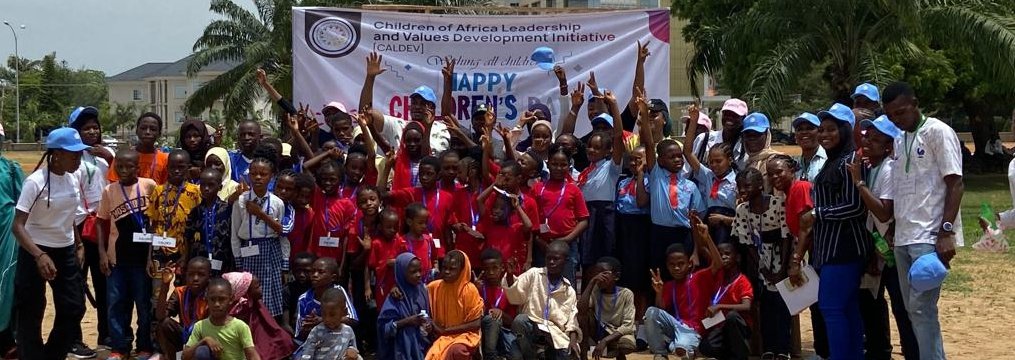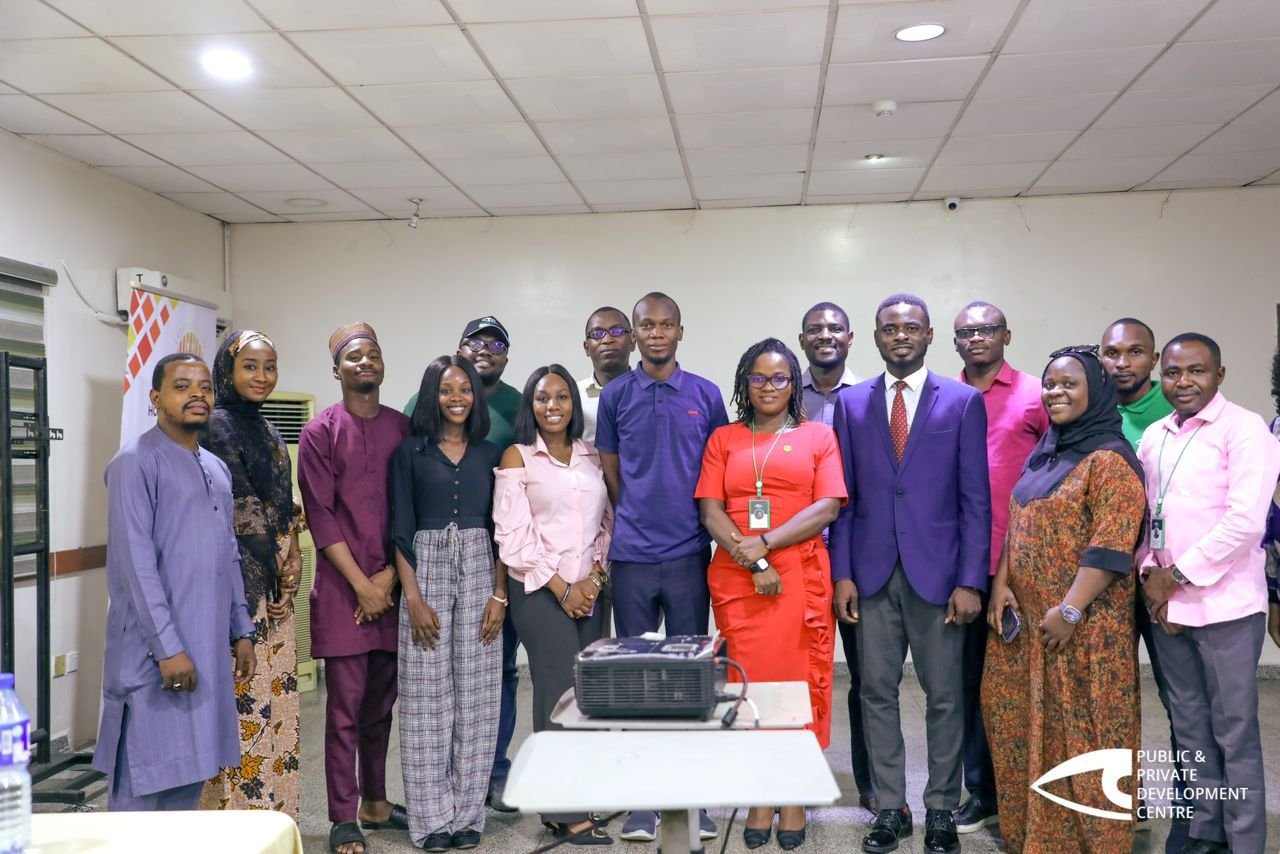Children’s Day : NGO urges govt. to tackle menace of Out-of- school children
Children’s Day : NGO urges govt. to tackle menace of Out-of- school children
By Joshua Olomu
Children of Africa Leadership and Values Development Initiative(CALDEV), a non government organisation has called on government at all levels to adequately tackle the challenge of out-of-school children in Nigeria.
Mr Bamidele Salam, Founder and President of CALDEV, made the call in an interview with the News Agency of Nigeria (NAN) on the sideline of a rally to garner support for children’s right on Saturday in Abuja.
The event with the theme; “Children have a Voice, Lend Them Your Ears”, was part of activities by CALDEV to mark the 2024 International Children’s Day.
According to Salam, who was represented by Mr Akintayo Jimoh, a trustee of CALDEV, the spate of out-of-school children in Nigeria was a national menace that must be addressed headlong.
He said that the collective future of Nigeria as a nation was bleak, and unsecured if the increasing trend of out-of-school children across the country was not checked.
Salam urged Nigerians to prepare and celebrate their children on May 27.
The founder said that there was a need for critical thinking on the way forward for the compulsory education of the Nigerian child.
“It is pathetic that many of our children today are out of school, and as a matter of fact, there are over 20 million children who are out of school in Nigeria today.
”This is the highest in anywhere in the world, while other countries are working to ensure that their children are educated ,yet we are not the most populous country in the world.
“This portends danger for this country if urgent leadership steps are not taken at all levels and it means the future of this country is doomed.
“There are laws that have guaranteed the protection of our children’s rights and education is part of those rights, so we must ensure that our children’s rights are protected.
“Laws ranging from the UBEC Act which says that a child must attend school, and if you did not send your child to school, there is punishment for that.
“There is also the Child Rights Act and all other laws that compel us as citizens of Nigeria to ensure that we have the duty of care to ensure that our children attend school.
”This laws ensure that our children are not exploited sexually, that our children are not abused and we have the duty of care as parents.
“So, if anybody fails there are provisions of the law that has prescribed punishments for that negligence,” he said.
Jimoh said that although the Child Right Act has been domesticated by many states across the federation, effective implementation of the law was still a problem.
He urged state governments to show leadership and political will by implementing the Act to ensure that the Nigerian child enjoys the right to education and protection.
“Most states are beginning to realise their duties to domesticate the Child Rights Act, but what we need to do is to enjoin those leaders to have the courage to implement those laws.
“We as citizens should also elect those who are courageous enough to implement this laws, those who love these children enough to ensure that their interests are protected,” he said.
NAN reports that highpoint of the advocacy rally was presentations by children drawn from different background, including poems, speeches, drama and sports.
Some of the children who spoke with NAN, expressed delight for being part of the event, as it offered them the opportunity to know their rights.(NAN)(www.nannews.ng)
Edited by Joseph Edeh














